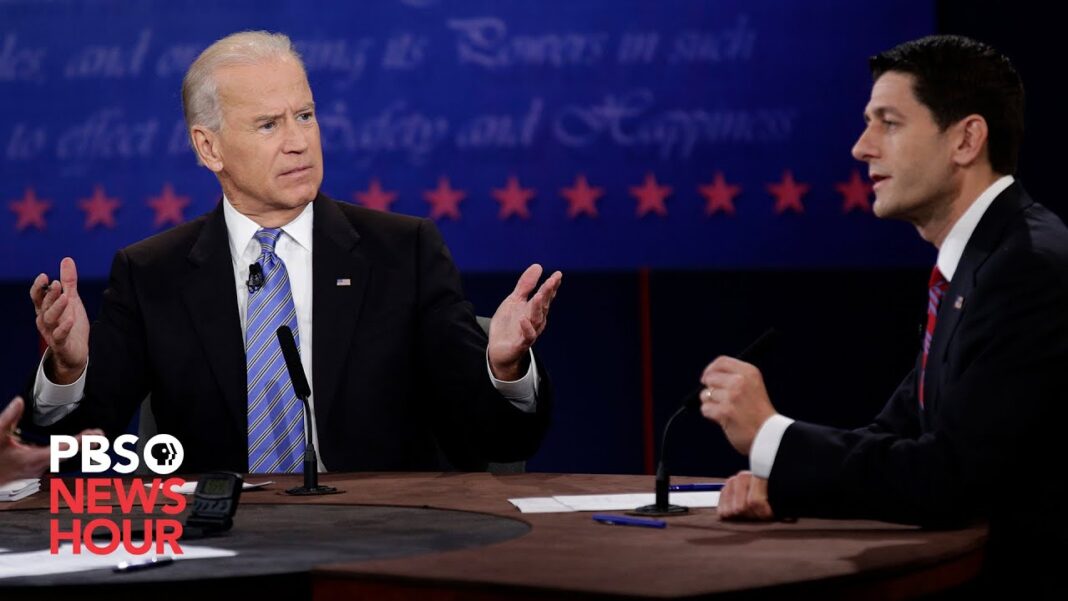
Riyadh is joining a Beijing-led political and security bloc; the two countries have also recently signed multibillion-dollar energy deals
DUBAI—Saudi Arabia is strengthening its commercial and security ties with China, as U.S. influence wanes in the Middle East region.
The Saudi government approved partial membership in the Shanghai Cooperation Organization, a political and security bloc that includes China, Russia and India, the Saudi state news agency reported Wednesday. The decision comes ahead of a May meeting of foreign ministers from the regional grouping, where Iran recently gained full member status.
The move is part of a broad effort in Saudi Arabia and some neighboring Persian Gulf countries to expand diplomatic partnerships beyond traditional Western allies in a marked pivot to the east, analysts say. It comes amid uncertainty about Washington’s long-term commitment to ensure security in the strategic, energy-rich region, where the U.S. has been a dominant force for decades but is increasingly focused on a rising China and a belligerent Russia.
In a sign of the geopolitical realignment under way in the Middle East, Saudi Arabia re-established diplomatic relations with rival Iran this month in a deal brokered by China that burnished Beijing’s credentials as a new power broker in the region. The Saudi kingdom is also nearing an agreement to restore ties with Syria following negotiations mediated by Russia.
The SCO has historically had a heavy focus on regional security cooperation, and accelerated Saudi interactions with China and Russia there risk backlash from the U.S., which is wary of its traditional security partners in the region cozying up to its global rivals.
“By engaging with these U.S. rivals, it really does seem like this multipolarity is in full-bore here now,” said Jonathan Fulton, an expert on China-Middle East relations and nonresident senior fellow at the Atlantic Council think tank in Washington. “We’re seeing what a less U.S.-centered Gulf or Middle East looks like.”
Analysts say China isn’t trying to replace the broad American role in the Middle East, where the U.S.’s continued military presence is unrivaled, but could chip away at its supremacy in the region.
By Stephen Kalin and Summer Said







